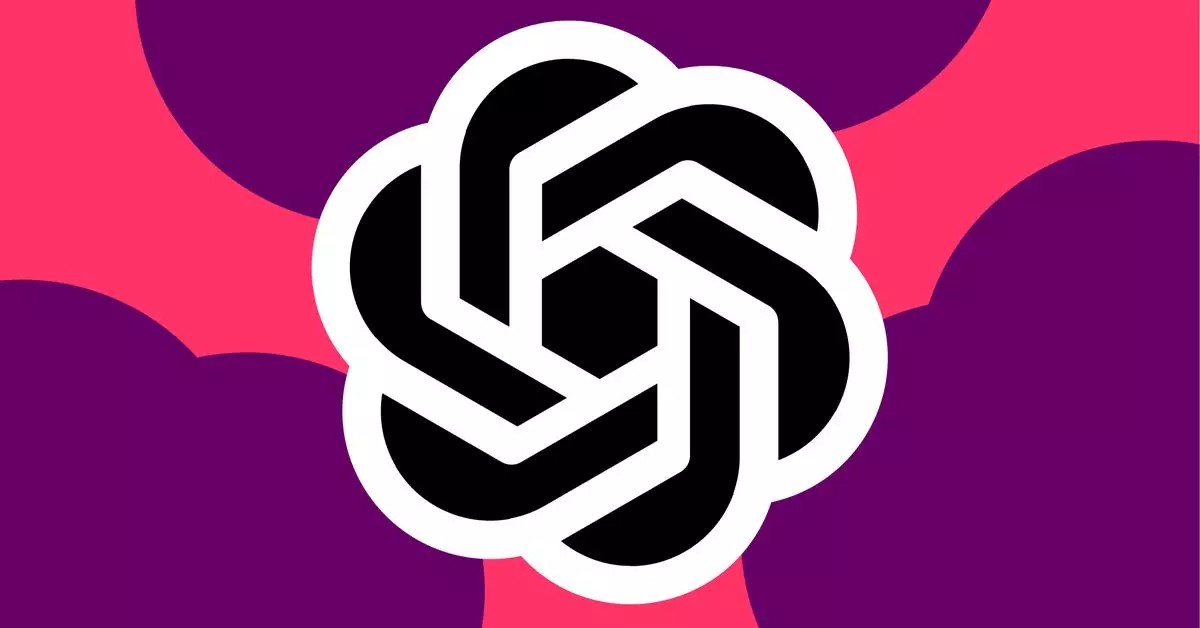OpenAI has taken significant strides in making its artificial intelligence more accessible with the launch of a new voice-based feature: the ability to call ChatGPT for free for up to 15 minutes using the phone number 1-800-CHATGPT. Announced during “ship-mas,” the feature allows users in the United States to engage with ChatGPT through traditional phone calls, while offering WhatsApp messaging capabilities to users globally at 1-800-242-8478. This innovative approach marks a deliberate effort by OpenAI to reach a broader audience, particularly those who may not be as comfortable using web-based applications.
OpenAI’s chief product officer, Kevin Weil, emphasized that this new feature is designed as a “stepping stone” for newcomers to AI technology. By offering a straightforward and familiar method of interaction, OpenAI aims to demystify artificial intelligence for everyday users. The implementation of the Realtime API allows these calls to be processed with efficiency, while the WhatsApp integration uses a scaled-down version of GPT-4o mini, ensuring high-quality interactions in different formats. This strategic move highlights OpenAI’s commitment to democratizing access to AI, allowing people to experience its potential without the barriers typically associated with more complex applications.
While the feature is limited to 15 minutes per phone number each month, the clever use of multiple phone numbers—like Google Voice—offers users the chance to extend their interaction time. However, OpenAI made it clear that experienced users requiring advanced features, such as personalized responses and higher usage limits, are still encouraged to use their standard ChatGPT accounts. This suggests that the new voice feature primarily caters to casual users and those looking to experiment rather than seasoned AI enthusiasts who may demand more from the service.
Interestingly, this is not the first time a tech giant attempted to integrate voice assistance into their offerings. Google’s 2007 service GOOG-411 provides a historical context; it aimed to provide free directory assistance via voice but was discontinued just a few years later. Much like OpenAI’s recent feature, GOOG-411 aimed to gather speech patterns and improve speech recognition technology. Although Google no longer provides this service, they used the data gathered to enhance their algorithms and systems.
OpenAI has stated through its spokesperson that it will not utilize call data for training its large language models, suggesting a more ethical approach to user data and a focus on user privacy. This distinction sets OpenAI apart by fostering trust and transparency in its operations as it opens channels to voice-based AI.
OpenAI’s new voice feature represents an important shift in making AI more accessible to the general public. By allowing users to engage with ChatGPT through voice calls and messaging, OpenAI not only simplifies the user experience but also actively works to familiarize individuals with AI technology. As the world continues to adapt to more complex digital interactions, OpenAI’s efforts to create approachable platforms could play a crucial role in shaping the future of communication and technology. This innovative approach might well pave the way for enhanced user engagement and a deeper understanding of artificial intelligence in our daily lives.

